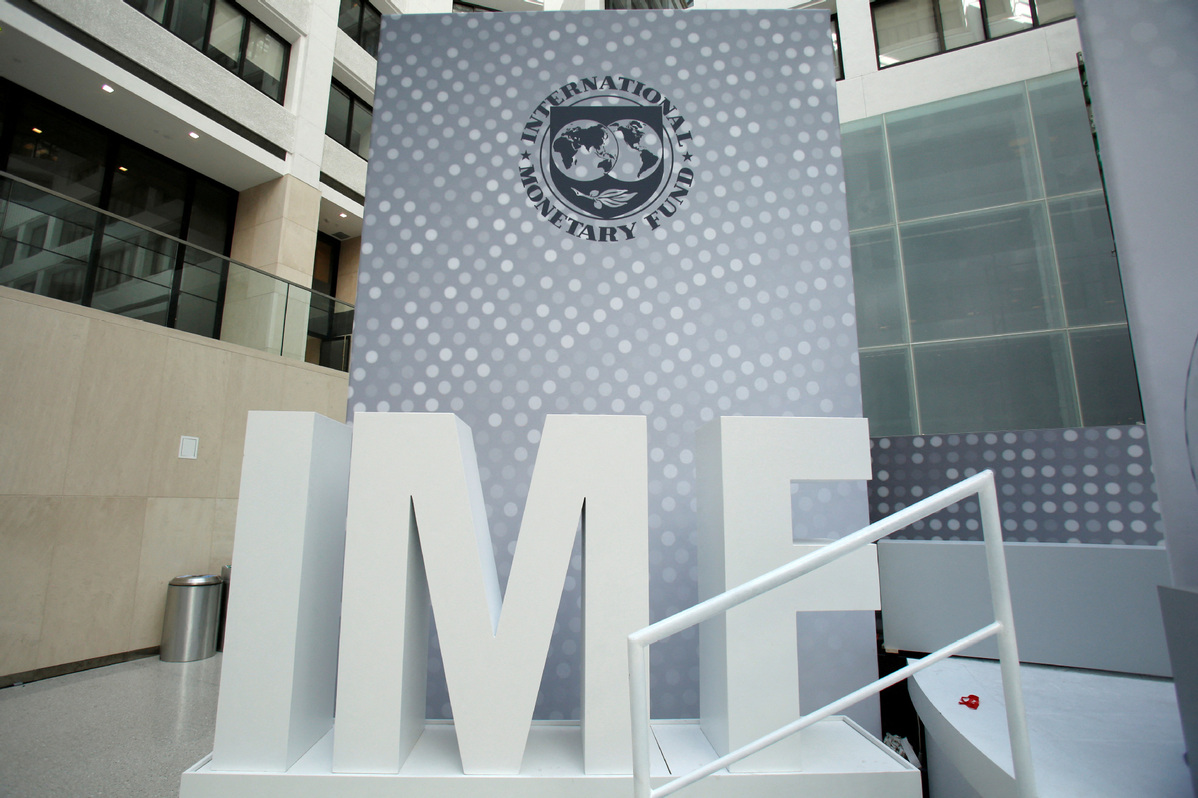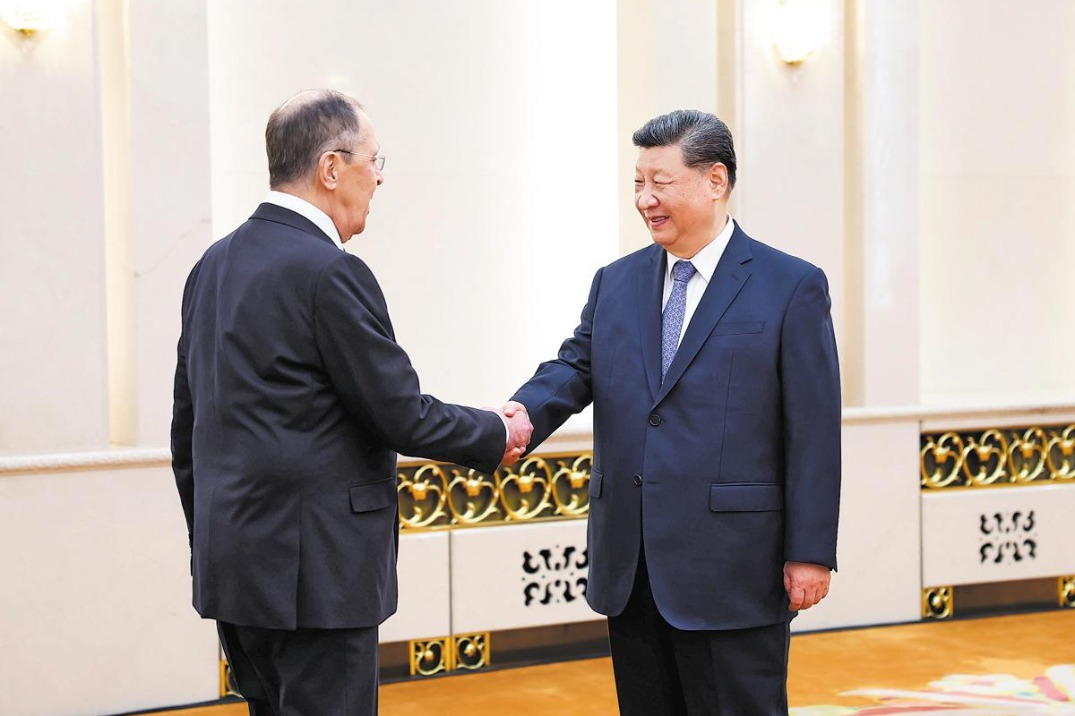IMF official cautions against global trade fragmentation
By HENG WEILI in New York | chinadaily.com.cn | Updated: 2024-05-09 11:02

An International Monetary Fund official said the global economy is becoming more fragmented along economic and national security lines and offered suggestions on how to address the situation.
In a speech to the Stanford Institute for Economic Policy Research on Tuesday, Gita Gopinath, IMF first deputy managing director, said "global economic ties are changing in ways we have not seen since the end of the Cold War".
"Countries are reevaluating their trading partners based on economic and national security concerns," she said. "Foreign direct investment flows are also being redirected along geopolitical lines. Some countries are reevaluating their heavy reliance on the dollar in their international transactions and reserve holdings."
Gopinath said that despite such trends, there are not yet clear signs of deglobalization at the aggregate level, and the ratio of goods trade to GDP has been roughly stable — fluctuating between 41 and 48 percent.
"But under the surface, there are increasing signs of fragmentation," she said. "Trade and investment flows are being redirected along geopolitical lines."
Gopinath said that China's share of US imports declined by 8 percentage points between 2017 and 2023, following a rise in trade tensions. The US share in China's exports dropped by about 4 percentage points, she said.
"Consider a world divided into three blocs: a US-leaning bloc, a China-leaning bloc, and a bloc of nonaligned countries," Gopinath said.
She noted that the average weighted quarter-on-quarter trade growth between US- leaning countries and China-leaning countries between the second quarter of 2022 and the second quarter of 2023 was almost 5 percentage points lower than the average quarterly weighted trade growth during the first quarter from 2017-2022.
She asked why there has not been more impact of "decoupling between geopolitical rivals on global trade".
"This is because some trade and investment are being rerouted through third-party countries, partially offsetting the erosion of direct links between the US and China."
She said that the emergence of "connector" countries such as Mexico and Vietnam may have helped cushion the impact of direct trade decoupling between the US and China.
Gopinath said: "The path forward will depend on policymakers. They may accept such rerouting of trade and FDI (foreign direct investment) in order to preserve some of the gains of economic integration.
"Or they may continue to raise barriers for cross-border trade and investment, further breaking both direct and indirect links between politically distant countries."
She said trade fragmentation is much more costly now because "unlike the start of the Cold War when goods trade to GDP was 16 percent, now that ratio is 45 percent".
"Now we are in an environment of growing protectionism with several countries turning inward," she said.
For the China bloc, the US dollar share of trade finance payments has declined since early 2022. At the same time, the renminbi share has more than doubled, from around 4 percent to 8 percent.
She said the share of RMB in all cross-border transactions of Chinese non-bank entities with foreign counterparts was "close to zero" 15 years ago but increased to around 50 percent in late 2023.
The dollar share has been on a declining trend, falling from around 80 percent in 2010 to 50 percent in 2023, Gopinath said.
"Trade is the main channel through which fragmentation could reshape the global economy. Imposing restrictions on trade would diminish the efficiency gains from specialization, limit economies of scale and reduce competition," she said.
While Gopinath said that estimates of fragmentation costs vary widely, "in an extreme trade fragmentation scenario with limited ability of economies to adjust, losses could be as high as 7 percent of global GDP".
"Fragmentation would also inhibit our efforts to address other global challenges that demand international cooperation," she said. "The ideal solution would be to preserve and strengthen the multilateral rules-based global trading system and the international monetary system." Gopinath said that would require a functional World Trade Organization (WTO) to settle disputes.
She offered three "pragmatic steps to rebuild trust".
"The first step is to keep open the lines of communication and stay engaged. Dialogue between the US and China — which we are now seeing — can help prevent the worst outcomes from occurring," she said.
The second step is to work together on areas of common interest. She noted that more than 70 countries, through the WTO's Trade and Environmental Stability Structured Discussions, have identified ways to promote trade of renewable energy goods and services.
"We also see progress in services and digital trade. Policy restrictions are high in these fast-growing areas of the global economy," she said.
But 90 countries representing more than 90 percent of global trade are working together toward common digital trade rules, Gopinath noted.
"The third step is to limit harmful unilateral policy actions — including industrial policies. While it is appropriate to try to correct market failures through policy interventions, it must be carefully handled.
"History is replete with cautionary tales of policy mistakes, high fiscal costs and negative spillovers to other countries," she said. "Internationally, such policies have led to retaliation, which would deepen fragmentation."
Gopinath concluded that "it is critical to avoid the worst outcomes in a rapidly fragmenting world. It is well worth it to preserve some of the enormous gains from economic integration that have made the world more prosperous and more secure."
























